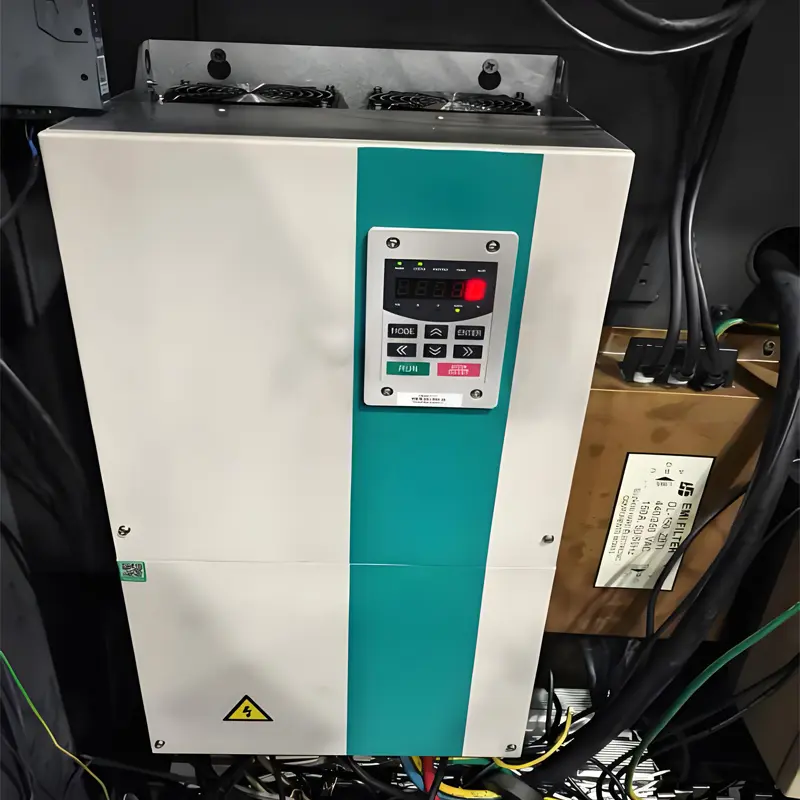How Does Ambient Humidity Affect Inverter Operation?
Ambient humidity significantly impacts inverter performance and lifespan. Understanding these effects is crucial for maintaining reliable operation.

Key Effects of Humidity on Inverters
1. Reduced Insulation Performance
- High humidity lowers electrical insulation strength
- Risk of leakage, creepage, or insulation breakdown increases
- Long-term exposure above 90% relative humidity is particularly harmful
2. Metal Component Corrosion
- Humid environments accelerate oxidation of metal contacts
- Increased contact resistance leads to abnormal heating
- Severe cases can cause solder joint failure or wire breakage
3. Electronic Component Degradation
- Capacitors, resistors, and semiconductors experience parameter drift when exposed to moisture
- Electrochemical migration may occur on chip pins
- Component aging accelerates, shortening overall lifespan
4. Impaired Heat Dissipation
- Moisture causes dust and debris to adhere more easily to heat sinks
- This buildup forms an insulating layer reducing cooling efficiency
- May trigger frequent overheating protection events
The Dangers of Condensation
When temperature changes cause water vapor to condense:
- Liquid water can create direct short circuits
- Control circuits may malfunction unpredictably
- Risk is especially high when power is applied to a wet inverter
Recommended Humidity Control Measures
- Ideal range: 40%-60% relative humidity
- Acceptable range: 20%-80% (without condensation)
- Install dehumidification equipment and heaters when necessary
- Maintain proper ventilation to prevent moisture accumulation
- Conduct regular inspections and address moisture issues promptly

